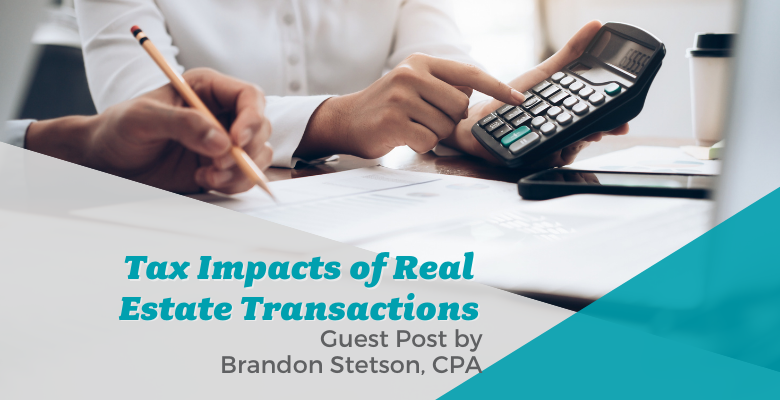
Sales of Principal Residences
A principal residence is a home that you or a member of your family unit regularly inhabited during the period of ownership. If you, or a member of your family unit, lived in a property it is generally exempt from capital gains tax on the appreciation of that property during the period it was owned. However, only one property can be designated as your personal residence for a specific time period. Some important considerations are outlined below:- If your family unit only owns one property at a time, you will be exempt from paying tax on the entire capital gain on that property. It is important to note that you still need to report the disposition on your personal tax return and elect to claim the principal residence exemption for the period the home was owned.
- If you own more than one property that could be considered a principal residence at a time, there is a significant tax planning opportunity. You will generally want to elect for the property with the larger appreciation in value to be your principal residence for the period it was owned. You would then be subject to capital gains tax on the other property for the years that it was not elected to be your principal residence.
- This is an important consideration in situations where a family unit owns a home and a cabin (or some other type of secondary property that is regularly inhabited).
- If you own a second property as a rental property or purchased it to flip, you will not be able to claim the principal residence exemption on that property.

Leave A Comment